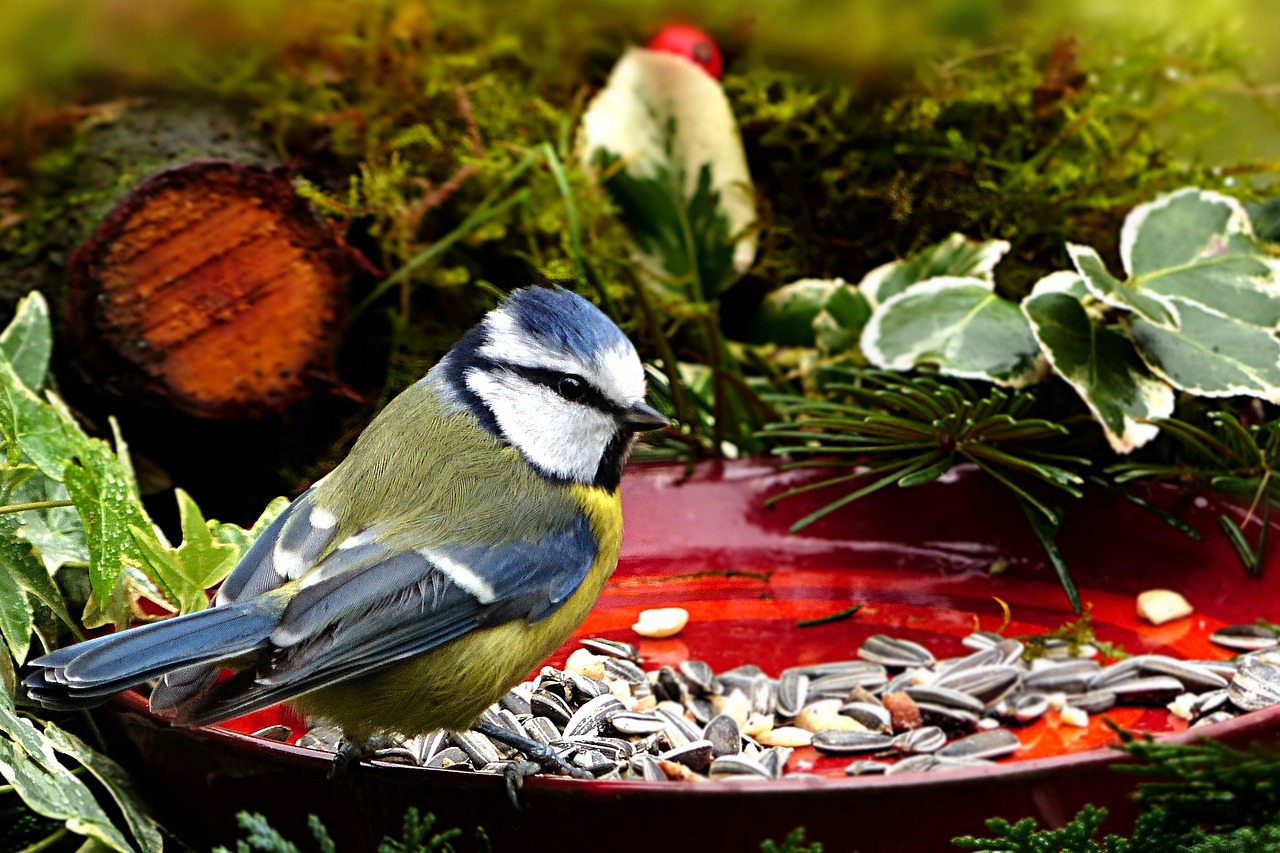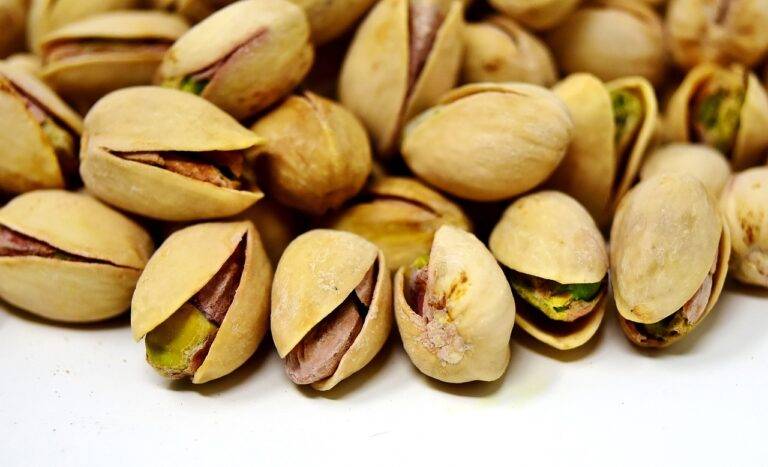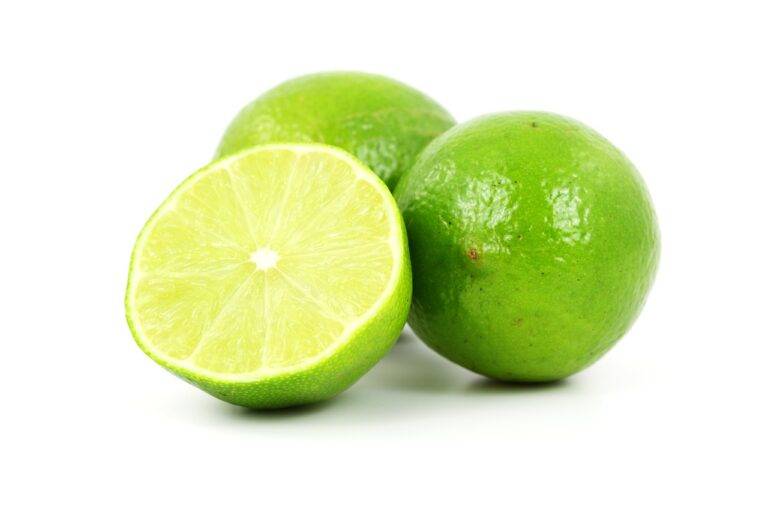Exploring Indigenous Foodways: Preserving Traditional Knowledge
The foodways of indigenous communities hold deep cultural significance that goes beyond mere sustenance. Traditional dishes are often intertwined with stories, rituals, and ceremonies that have been passed down through generations, serving as a way to connect with ancestors and maintain a sense of identity. By preserving these food traditions, indigenous peoples are able to not only nourish themselves physically but also spiritually and emotionally.
The act of foraging, hunting, and gathering food according to traditional practices is not only a means of survival but a way to uphold ancestral knowledge and teachings. Each ingredient used in traditional dishes carries a history and meaning that reflects the unique relationship indigenous communities have with their environment and resources. Through the continuation of these foodways, individuals can maintain a connection to their cultural heritage and ensure that future generations have access to the rich tapestry of knowledge embedded in indigenous cuisines.
The Importance of Traditional Knowledge Preservation
Traditional knowledge preservation is vital for sustaining culture and promoting intergenerational understanding. Communities around the world rely on the wisdom passed down through generations to maintain their cultural identity and connection to the land. Through preserving traditional knowledge, indigenous peoples can continue to practice and share their unique foodways, agricultural techniques, and medicinal practices.
Furthermore, traditional knowledge is irreplaceable in addressing contemporary environmental challenges. Indigenous communities hold valuable insights into sustainable resource management, biodiversity conservation, and resilience to climate change. By upholding traditional knowledge systems, societies can learn from the ingenuity and adaptability of indigenous peoples in navigating complex environmental issues.
What is traditional knowledge preservation?
Traditional knowledge preservation refers to the efforts made to document, safeguard, and pass on the knowledge, practices, and cultural traditions of indigenous communities from one generation to the next.
Why is it important to preserve traditional knowledge?
Preserving traditional knowledge is important because it helps to maintain cultural identity, promote sustainability, and ensure the survival of valuable practices and wisdom that have been passed down for generations.
How does traditional knowledge preservation benefit indigenous communities?
Traditional knowledge preservation benefits indigenous communities by fostering cultural pride, promoting self-sufficiency, and providing a sense of continuity and connection to their heritage.
What are some examples of traditional knowledge that are at risk of being lost?
Examples of traditional knowledge that are at risk of being lost include traditional healing practices, indigenous languages, storytelling traditions, and sustainable farming techniques.
How can individuals support traditional knowledge preservation efforts?
Individuals can support traditional knowledge preservation efforts by respecting and learning from indigenous cultures, advocating for policies that protect indigenous rights, and supporting indigenous-led initiatives aimed at preserving traditional knowledge.





